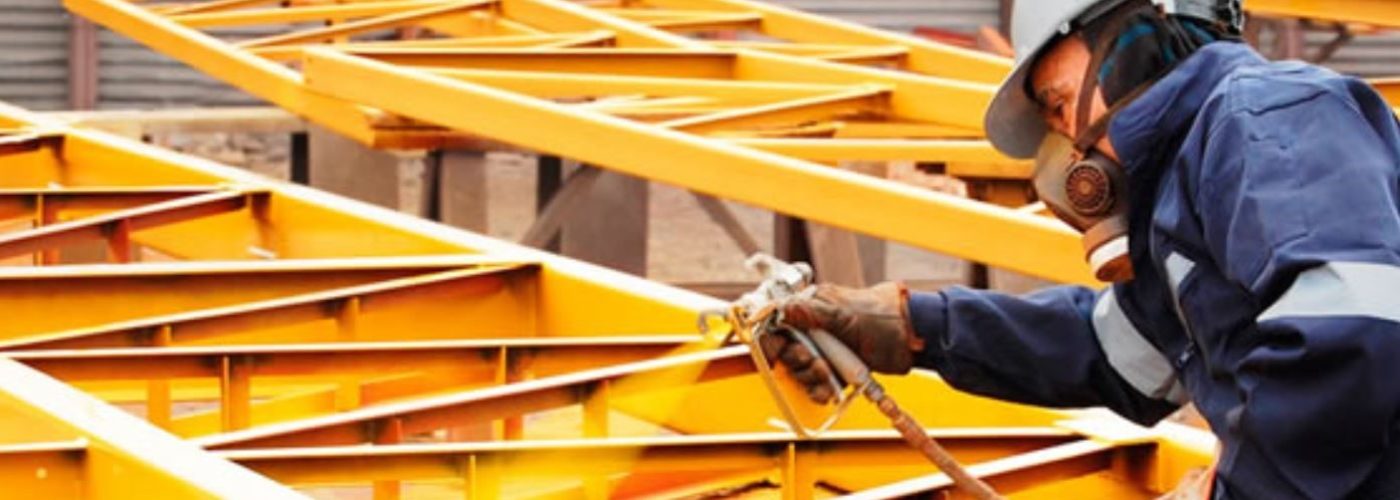Industrial site painting is a broad service that (literally) covers everything from processing plants to manufacturing facilities and pretty much anywhere that requires incredibly durable protection from environmental and operational stress.
Naturally, the best Australian paint companies provide industrial painting in a way that far exceeds aesthetic appreciation. Therefore, it is essential for business owners and team members to know how to deliver the best solution for their application.
With this in mind, here are three outstanding reasons why industrial painting has long been one of the best methods for protecting operational facilities from anything the nature of business can throw their way:
- Industrial painting wards of corrosion
One of the key benefits of industrial painting is to fight against the pitfalls of corrosion and rust. As industrial processes utilise intense procedures, it is perfectly normal for mechanical operations to break down only after months of usage.
Furthermore, industrial painting is pivotal for machinery that may be exposed to the elements and, of course, water. This is the case with anything that passes a lot of time exposed to the elements and especially that of wild Australian storms.
The relationship between unprotected materials and chemicals like plastic and aluminium is the general reason behind mechanical faults. These chemical reactions make the products become more susceptible to issues, which in turn can cause system problems.
Therefore, world class industrial paints are made not to cause any reaction, which furthers the technology’s lifespan as well as maintains its operational standard.
- It can reduce your company’s energy usage
Industrial painting is imperative for reducing operational energy consumption. Larger facilities require effective mechanical operation and quality systems to reduce their ongoing carbon footprint.
Therefore, reflective industrial painting is designed to turn away any heat from walls instead of taking it on and this helps a lot to reduce the property’s energy consumption and, consequently, improve energy ratings.
These paints utilise a lighter colour palette as well as specially made chemical compounds. They keep the property cool, which reduces the buildings reliance or property homes on air conditioning units.
Therefore, your business will not only be helping reduce its carbon footprint, but it will also be reducing the amount of money spent on energy demands!
- It increases its resale value
As an operations business owner, you will know that your technology may, one day, have to be replaced. When this happens, the last thing you want is to be stuck with expensive technology that you can’t resell – what a wasted opportunity that would be!
Unfortunately, business owners who choose not to cover their technology in industrial paint often witness the denigration of their technology over time, and they will either see themselves selling it for pittance or not at all!
With industrial painting, you can trust that your operational technology will have a longer lifespan, especially due to its anti-penetration properties stopping the machinery from denigrating over time.
The results? The ability to resell your technology and make back some of the capital you spent on buying new operational machinery! It’s an investment for your business’s future as well as a highly safe, valuable practice.
As you can see, enlisting one of the best Australian paint companies to provide your technology with a much-needed coating comes with a range of unparalleled benefits. To increase its lifespan, reduce your company carbon footprint whilst increasing the machinery’s resale value is something all business owners should be looking toward – perhaps it’s time for your business to do the same?
Building, Design & Construction Magazine | The Choice of Industry Professionals





